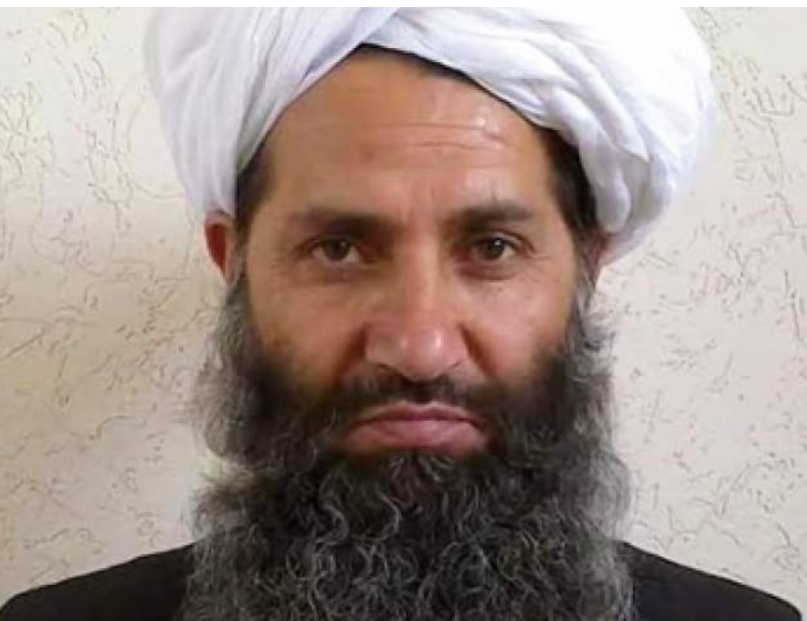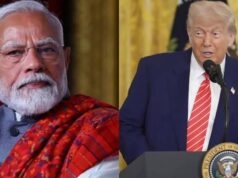Pakistan seeks public decree by Taliban chief against TTP
Islamabad has also expressed concerns over involvement of Afghan nationals in some of terrorist attacks on its soil

Afghan Taliban chief Mullah Haibatullah Akhundzada.
Pakistan is seeking a public decree from the Afghan Taliban chief declaring activities of banned Tehreek-e-Taliban Pakistan (TTP) as un-Islamic, official sources have revealed to The Express Tribune.
The demand from Pakistan for an explicit order by Taliban Supreme leader Haibatullah Akhundzada came after the recent surge in cross border terrorist attacks.
Pakistan dispatched a senior diplomat to Kabul for a three-day trip with a clear message that the interim Afghan government will have to abide by the commitment it made with the international community in Doha Agreement.
When the Pakistani side led by Ambassador Asif Durrani, special representative on Afghanistan, pressed the senior Taliban leaders to come good on their promises for not allowing TTP to operate from Afghan soil, he was told that the Taliban chief had issued an executive order declaring attacks against Pakistan as forbidden and haram.
The executive order or decree was circulated internally and was not made public, according to sources familiar with the development.
However, Pakistan asked the Afghan side to make that decree public because only then it will make an impact.
Afghan interim defence minister Mullah Yaqub in an interview earlier this week revealed that the Taliban chief declared that people going to launch attacks outside the country was not jihad. He did not name any country but the reference was apparently to Pakistan, which is upset with the current spike in terrorist attacks.
However, official sources said this was not sufficient. Pakistan wants a clear and explicit decree from the Kandhar based Taliban chief, declaring TTP attacks against Pakistan un-Islamic.
Pakistan is also expressing concerns over the involvement of Afghan nationals in some of the terrorist attacks. Army Chief General Asim Munir on Monday issued a stern warning in Peshawar, saying that the involvement of Afghan nationals in terrorist attacks was detrimental to regional peace.
On Tuesday, the Afghan Taliban spokesperson denied the involvement of Afghan nationals in terrorist attacks in Pakistan. Zabiullah Mujahid insisted that Pakistan was hiding facts by blaming Afghanistan.
He claimed that the Afghan government arrested 43 Daesh terrorists, who were Pakistani nationals. He said but the Afghan government never blamed Pakistan.
Tensions have been on the rise between Pakistan and the interim Afghan government since months. At the heart of the problem is TTP, which Pakistan believes is operating from Afghanistan with impunity.
The Afghan government denied the charge but its denial was rebutted by a recent UN Security Council Report, which endorsed Pakistan’s stance.
When the Afghan Taliban returned to power two years ago, Pakistan hoped that it would address the TTP issue once and for all.
The Afghan Taliban instead of taking action against the TTP offered mediation to Pakistan. Pakistan did initiate talks with the TTP. At the start, talks did produce results with the TTP agreeing to a ceasefire. In return Pakistan freed certain TTP militants and allowed hundreds of fighters to return.
But the process collapsed when terrorist attacks increased despite the truce. The TTP ended the ceasefire on November 28, a day before the change of army command.
Pakistan is no longer seeking talks with the TTP, something that put the Afghan Taliban in a difficult situation.
Express Tribune




